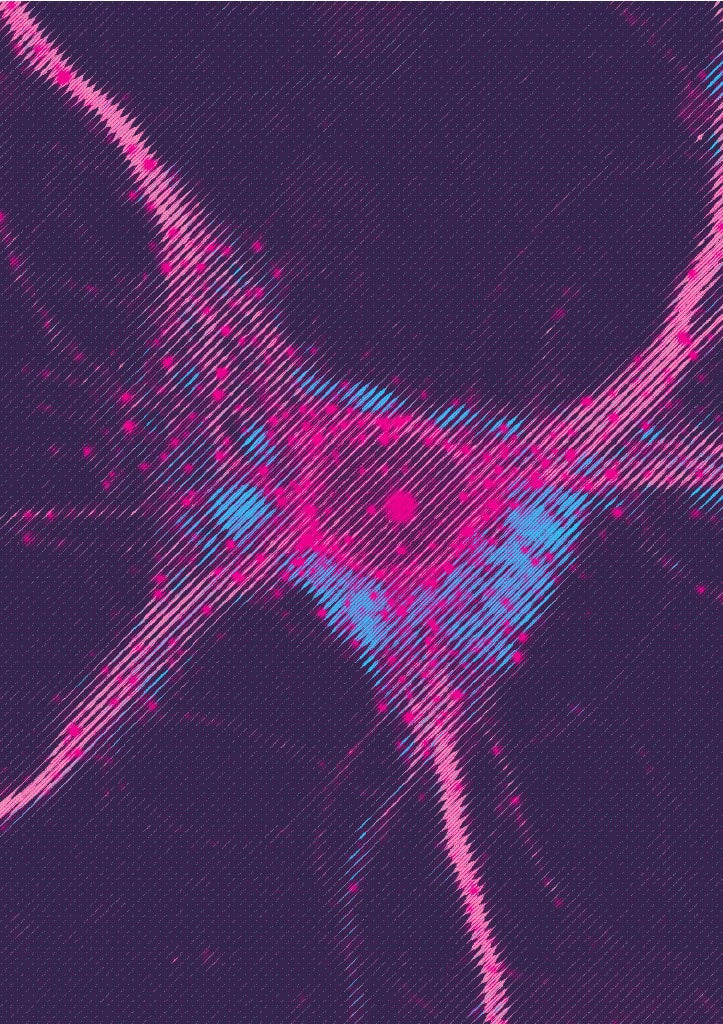How Do Organelles Keep Brain Cells Healthy?
Neuroscientist Josse Poppinga investigated how the small structures within neurons—known as organelles, each with its own function—operate in different parts of the nerve cell, both under normal conditions and in disease. His research provides fundamental insights into how cells respond in healthy states and when, for example, the protein tau accumulates during disease. This knowledge is vital for future research into new treatments for brain diseases such as Alzheimer’s and other forms of dementia. By identifying which cell components are the first to be damaged, medications can be more precisely developed to protect these vulnerable processes.
Poppinga’s research highlights the importance of well-functioning organelles for the health of brain cells. When a brain cell becomes diseased, not all parts of the neuron are equally vulnerable. In particular, the projections that receive signals (dendrites) appear to be sensitive to damage caused by mitochondrial dysfunction—mitochondria being the cell’s energy providers. Moreover, other organelles in the dendrites, such as endosomes, are also disrupted by the accumulation of toxic tau protein.
Poppinga specifically focuses on tauopathies—disorders in which the tau protein misfolds and causes damage in brain cells. Well-known examples of tauopathies include Alzheimer’s disease and Frontotemporal Dementia (FTD). There are still no effective treatments for these neurodegenerative diseases, partly because there is insufficient understanding of how and why specific cell components in neurons fail during disease.
One concrete future perspective is the development of therapies aimed at supporting mitochondria in neurons, in order to delay or even prevent early damage to brain cells.
More information on the thesis
